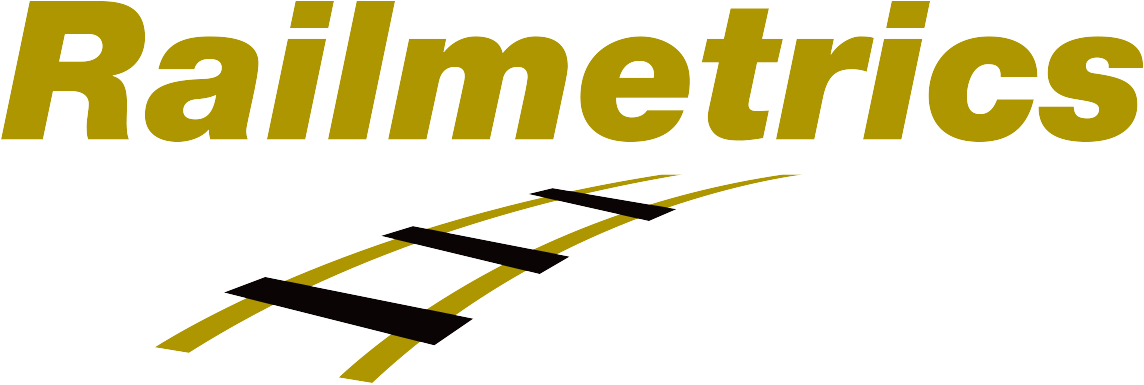5 New Large Dams in Morocco
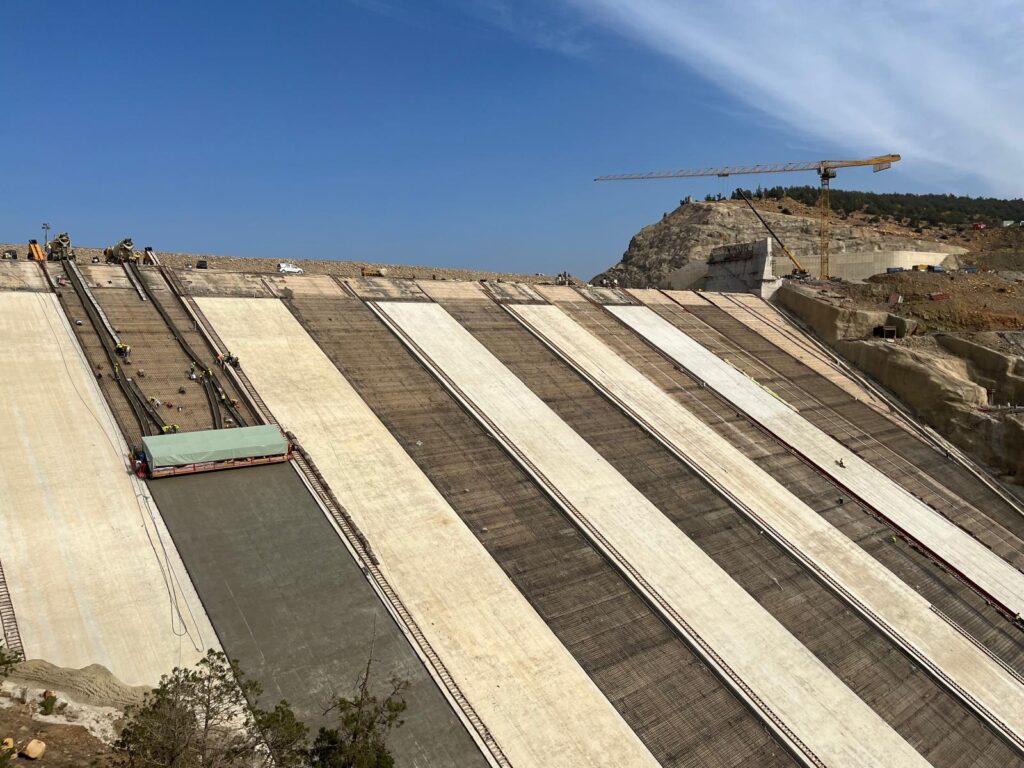
In 1967, H.M. Hassan II king of Morocco launched his program to bring better water managing facilities to his country. More than 100 dams had arisen across the country before the 21st century, mainly with the objective to enhance the agriculture sector. In reaction to the global warming and intense droughts suffered by the country, […]
Ouldjet Mellegue Dam
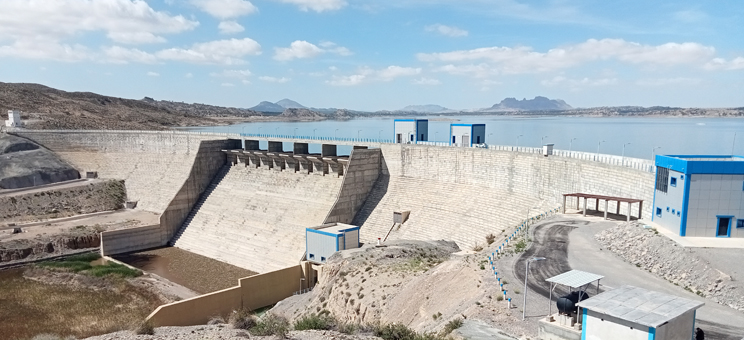
The Ouldjet Mellègue dam is a Roller-Compacted Concrete Gravity Dam, located in northeastern Algeria about 13 km upstream of the city of Ouenza, in the Tébessa region. The site of the Ouldjet Mellègue dam is located at the outlet (Ouldjet) of the river Oued Mellègue, across the Jebel Krorza, in the north-east of Algeria, some […]
Ojo de Agua Hydroelectric project
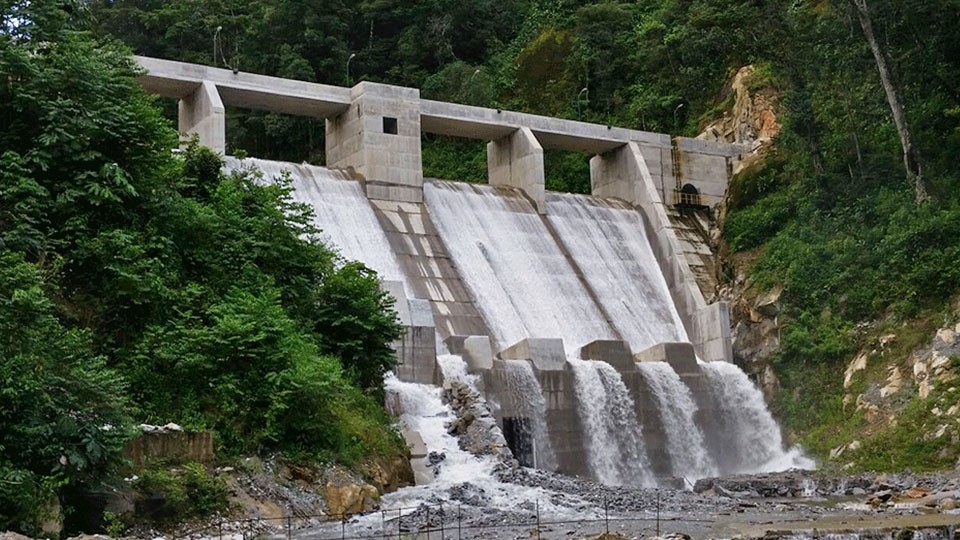
The Ojo de Agua hydropower project is located close to the village El Carbon in the community of San Esteban (Olancho) in the north east of Honduras. The project will generate 109 GWh/year with an installed capacity of 22.5 MW, a discharge of 6.0 m³/s and a gross head of 418 m.The project consists of […]
Cerro del Águila Hydroelectric power plant
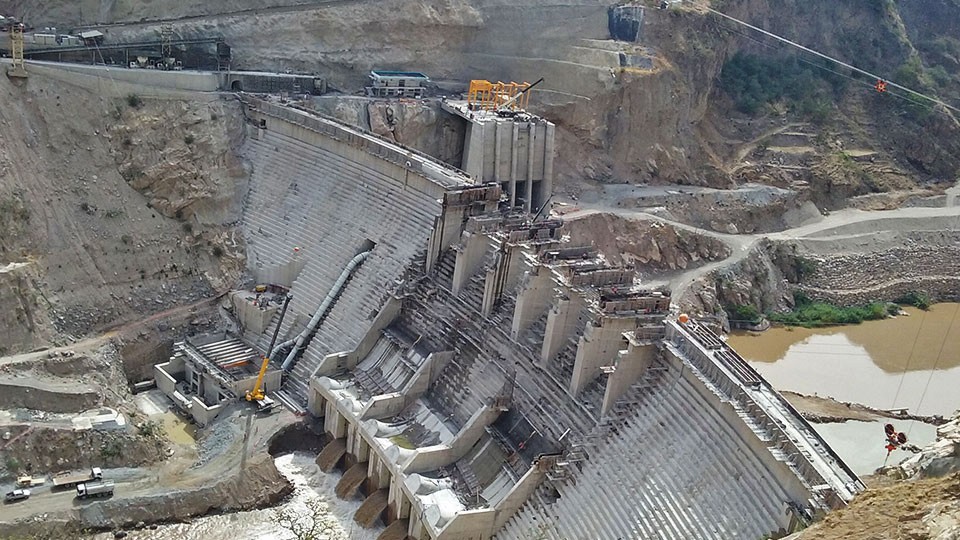
The Cerro del Águila HPP is a hydroelectric power plant located on the Mantaro River in the districts of Colcabamba and Surcubamba, within the Province of Tayacaja and Region of Huancavelica, in central Peru. The Project will be located downstream of the Mantaro hydroelectric complex. The Project is an independent activity from the Mantaro hydroelectric […]
Pendules directs et inversés
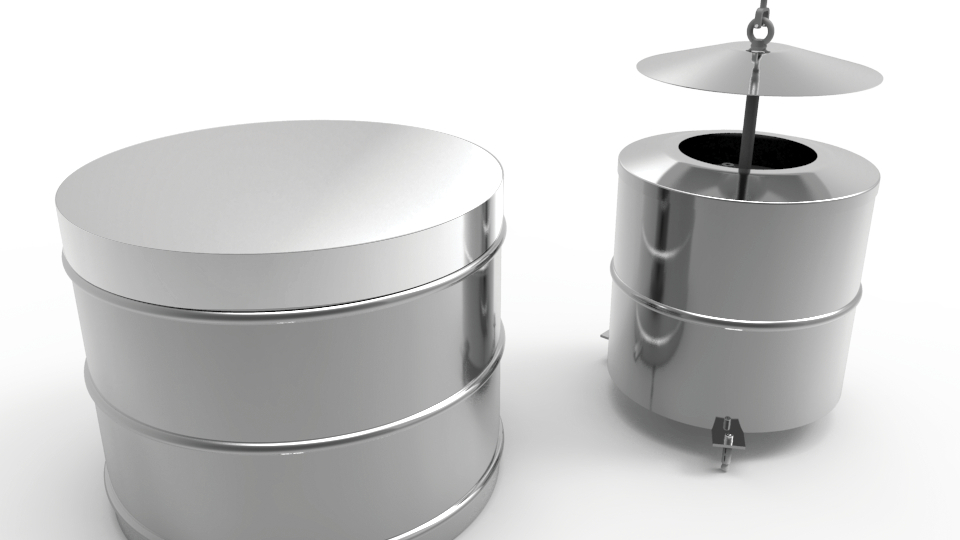
Codes de référence: S911, S912 Les pendules suspendus sont conçus pour surveiller les mouvements horizontaux dans le corps, les fondations et les culées des barrages, et pour déterminer les mouvements structurels des ponts, piliers, tours et bâtiments hauts. Le pendule direct est composé d’un câble en métal fixé à l’extrémité supérieure de la structure, avec […]
Nam Gnouang Dam – Laos
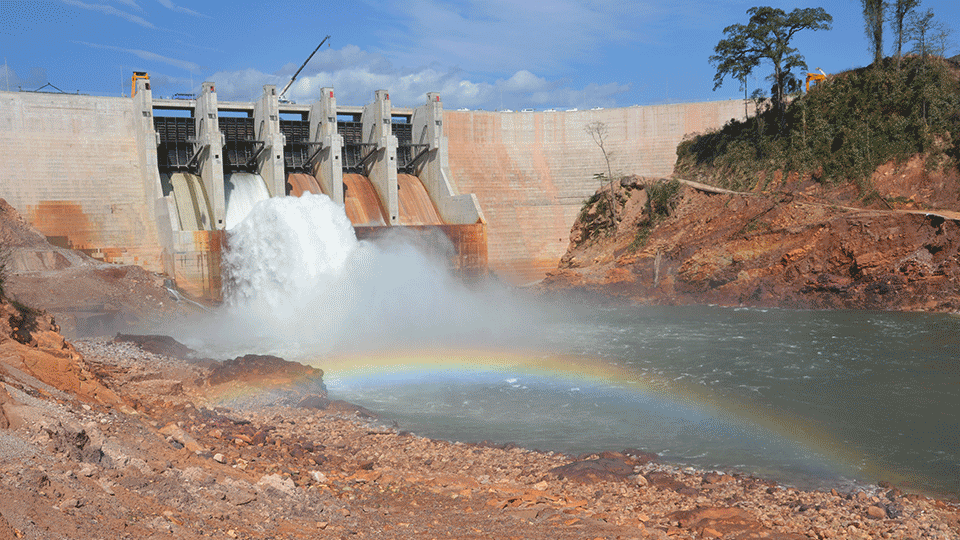
The NG Dam, 480 m wide and 65 m high, has created the NG Reservoir, which stores the rains that fall in the area from May-October each year. The dam has five gates that are opened only to discharge water to avoid flood events during the wet season. In normal operation the dam releases water […]
FAQ#027 – Quel est le type de fluide d’amortissement recommandé pour remplir les réservoirs des pendules?
Nous recommandons d’utiliser l’huile minérale suivante avec la viscosité indiquée. SAE 50-90 pour les pendules directs SAE-10 pour les pendules inversés.
FAQ#003 – Quelles sont les conditions nécessaires pour utiliser le support ajustable ANS pour le TEL-310S si l’on a besoin de surveiller le fil du pendule direct?
Pour fixer le capteur optique « SUS » au moyen du support « ANS », il faut que le fil du pendule direct se situe à une distance d=230 mm du mur. Pour ce faire, le réservoir du pendule direct doit être placé à une distance D=20 mm du mur : cela garantit le positionnement […]


